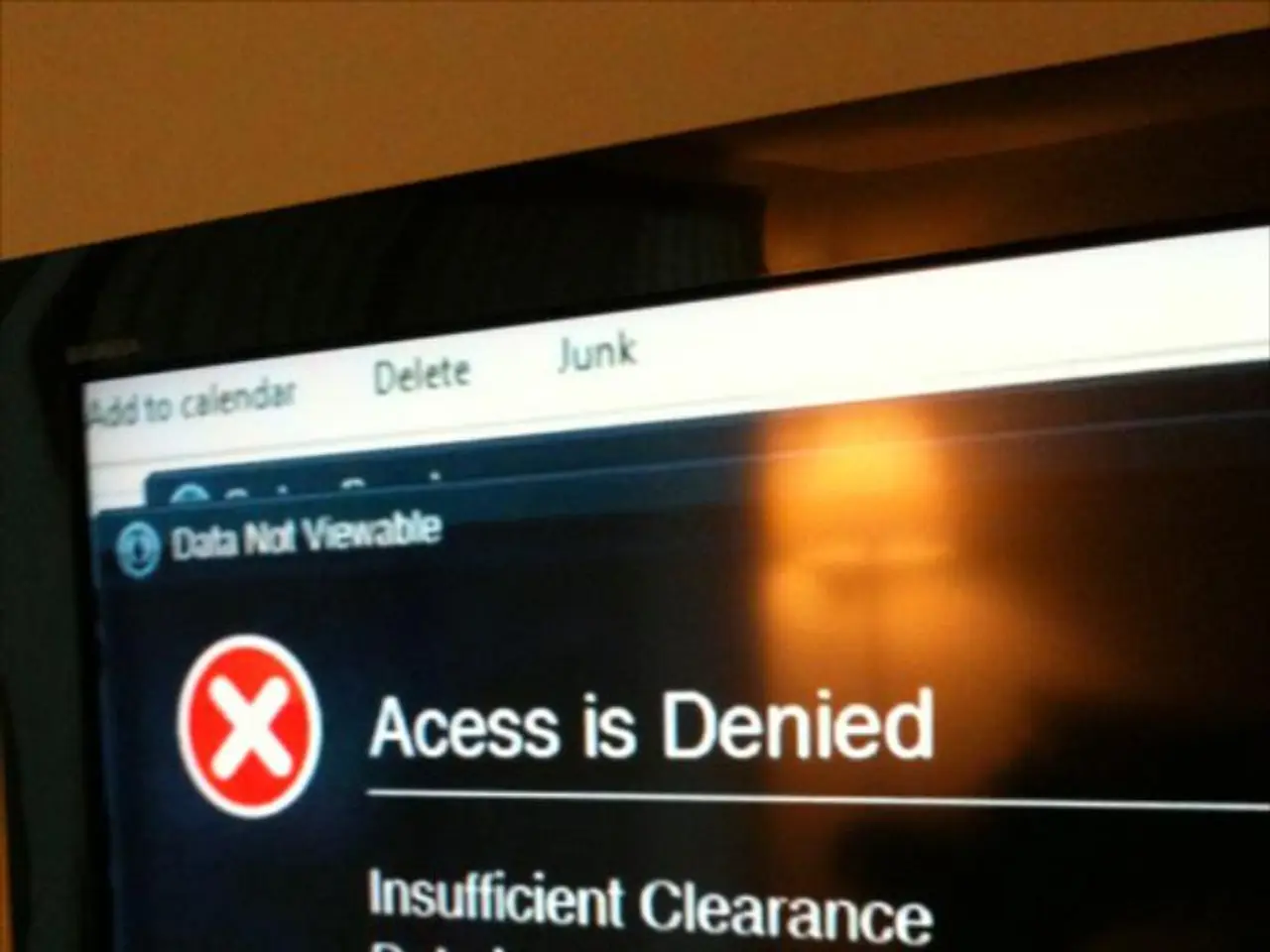"Peer Pressure and TikTok Adoption Among Teens: strategies employed by UAE parents"
In the digital age, ensuring the safety and well-being of children online is a top priority for parents and guardians. Here are some strategies that strike a balance between safety, privacy, and trust.
Sara AlKuwari, an Emirati reporter, is dedicated to highlighting Emirati culture in an impactful way. Her passion for storytelling extends to advocating for the protection of children's digital experiences.
One such parent is Bu Reem, who prioritises building trust with his 12-year-old daughter from a young age. Encouraging open communication, he encourages her to come to him with any issues, including those related to her online activities.
Another parent, Um Kaltham, takes a proactive approach by controlling what apps her children can access and using device settings to manage screen time and restrict content above their age level. She also spends time with her children and talks to them to prevent them from becoming addicted to technology.
Rawda Musbeh, on the other hand, plays educational apps and games on the television in the living room to monitor what her children watch. She selects apps that help them develop new skills and encourages open conversations about online safety.
However, many teenagers, like Ali Abdalla, may feel drawn to games they are not allowed to download due to their interest in playing with friends. In Ali's case, he expressed his desire to download TikTok and Instagram, but his parents refused due to concerns about sensitive content. In a bid to bypass these restrictions, some teenagers, like Ali, may click "yes" when asked if they are over 18 or enter a false birthdate.
To combat this, effective protection strategies combine technical controls, open communication, and compliance with privacy laws. Parents can limit children's total screen time, install antivirus and firewall software, use built-in parental controls, monitor device apps regularly, and engage children in ongoing conversations about online safety.
To maintain children’s privacy while implementing these protections, parents should follow legal frameworks such as COPPA and similar global regulations. They should also employ secure age verification methods, use clear, child-friendly privacy notices, and ensure third-party services used by apps and platforms comply with child data protection laws.
By adopting these strategies, parents can create a safer technical environment, maintain privacy rights, and foster trust through communication and transparency between parents and children. This approach adapts as children mature, respecting their growing autonomy while prioritising their safety and privacy online.
- Sara AlKuwari, an advocate for Emirati culture, also focuses on the protection of children's digital experiences, using storytelling to stress its importance.
- Bu Reem, a concerned parent, emphasizes building trust with his young daughter by encouraging open communication about her online activities.
- Um Kaltham manages her children's digital access proactively, using device settings to limit screen time and filter content, while spending time with them to prevent addiction.
- Rawda Musbeh chooses educational apps and games for her children to watch on the TV, promoting skill development while maintaining supervision.
- Despite the restrictions, some teenagers like Ali Abdalla may resort to deceit to bypass parental controls and access inappropriate content.
- Effective protection strategies combine technical measures, open communication, and compliance with privacy laws to secure children's digital safety.
- To safeguard children's privacy, parents should follow legal frameworks such as COPPA and similar global regulations, and verify third-party services for child data protection.
- By adhering to these strategies, parents can establish a secure technical environment, preserve privacy rights, and foster trust through open and transparent communication.
- As children grow, these strategies can be adapted to respect their autonomy while prioritizing safety and privacy online.
- Engaging in education-and-self-development activities, such as technology and education-related social-media platforms, can contribute positively to family-health and parenting, but should always be done responsibly, ensuring online safety for children.




